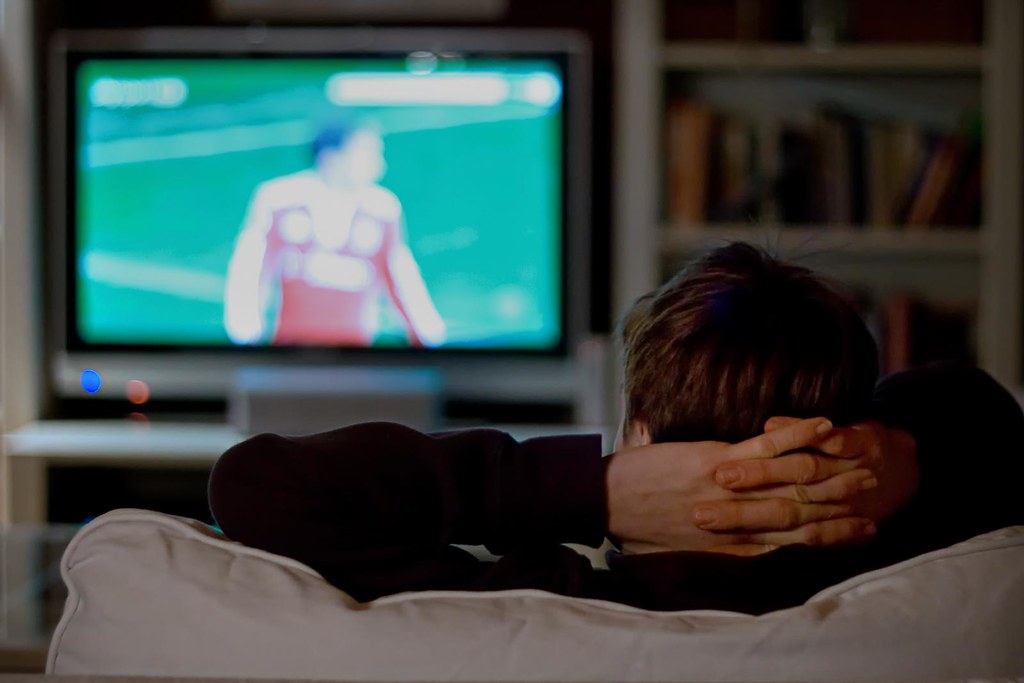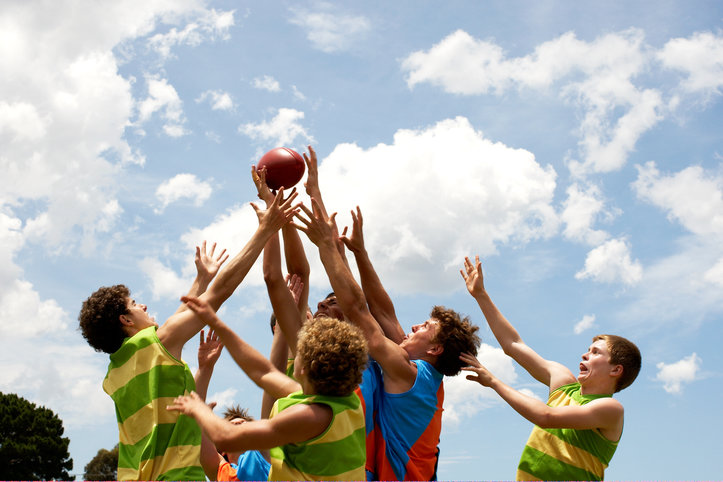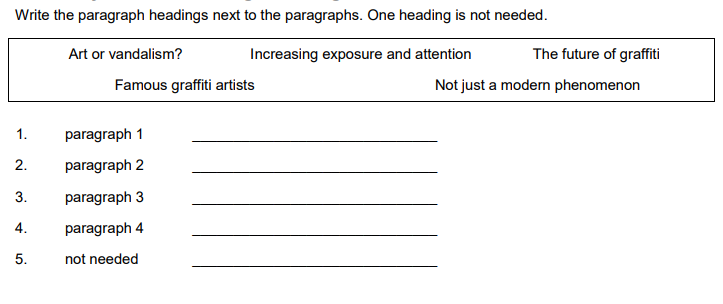Het arrangement 2BBL/KBL/TL Unit 10 Music and Spare time is gemaakt met Wikiwijs van Kennisnet. Wikiwijs is hét onderwijsplatform waar je leermiddelen zoekt, maakt en deelt.
- Auteur
- Laatst gewijzigd
- 18-10-2018 15:11:57
- Licentie
-
Dit lesmateriaal is gepubliceerd onder de Creative Commons Naamsvermelding 4.0 Internationale licentie. Dit houdt in dat je onder de voorwaarde van naamsvermelding vrij bent om:
- het werk te delen - te kopiëren, te verspreiden en door te geven via elk medium of bestandsformaat
- het werk te bewerken - te remixen, te veranderen en afgeleide werken te maken
- voor alle doeleinden, inclusief commerciële doeleinden.
Meer informatie over de CC Naamsvermelding 4.0 Internationale licentie.
Aanvullende informatie over dit lesmateriaal
Van dit lesmateriaal is de volgende aanvullende informatie beschikbaar:
- Toelichting
- 2BBL/KBL/TL Unit 10 Music and Spare time
- Leerniveau
- VMBO basisberoepsgerichte leerweg, 2;
- Leerinhoud en doelen
- Luisteren naar tv, video- en geluidsopnames; Engels; Dagelijks leven; Gesprekken voeren; Spreken; Luisteren naar aankondigingen en instructies; Gesprekken tussen moedertaalsprekers verstaan;
- Eindgebruiker
- leerling/student
- Moeilijkheidsgraad
- gemiddeld
Gebruikte Wikiwijs Arrangementen
Het Perron Engels Onderbouw. (z.d.).
2BBL Unit 4: Music and spare time
https://maken.wikiwijs.nl/97192/2BBL_Unit_4__Music_and_spare_time



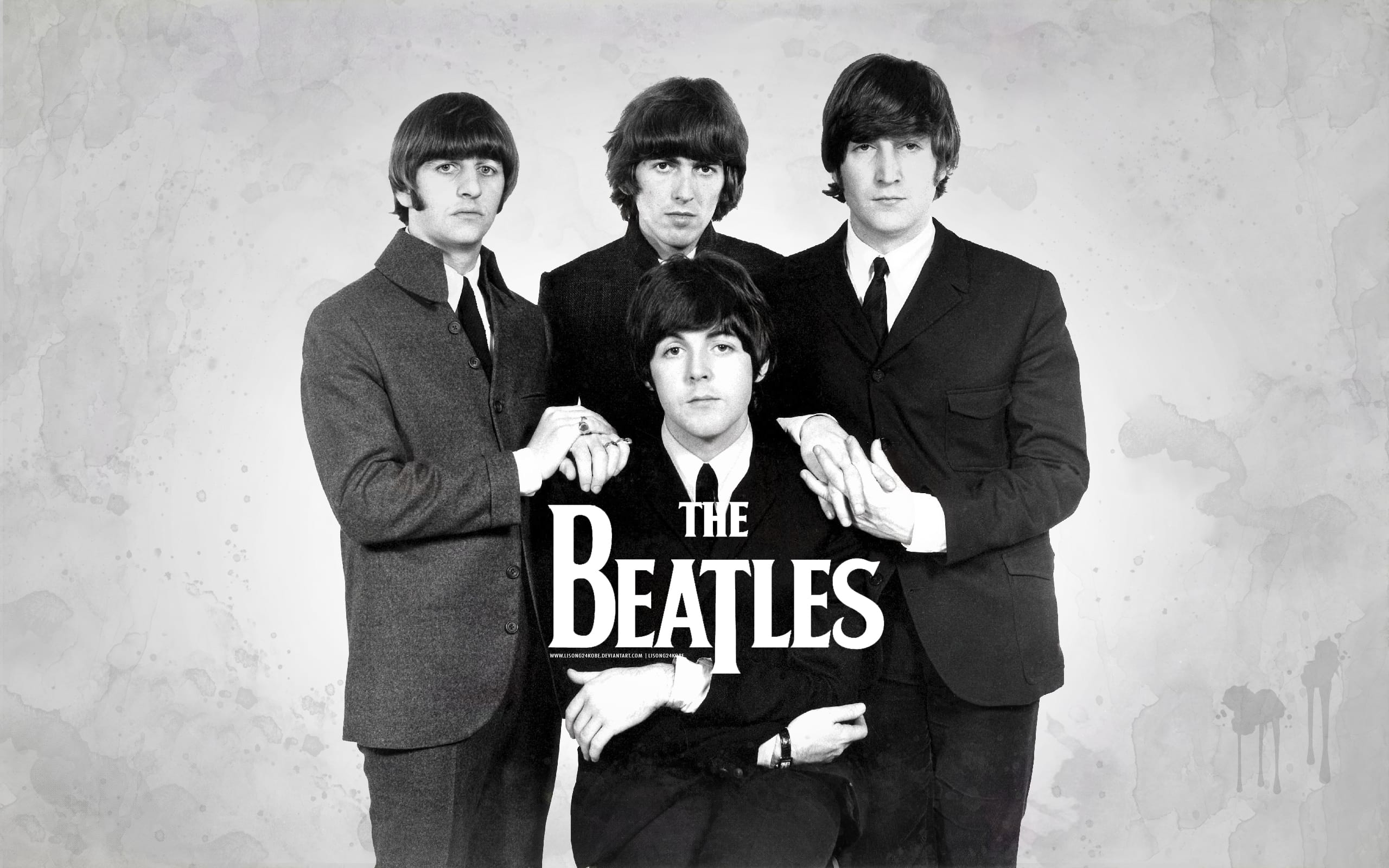
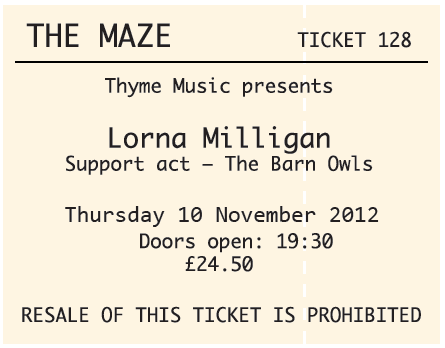
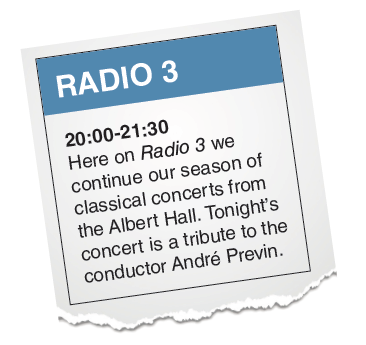
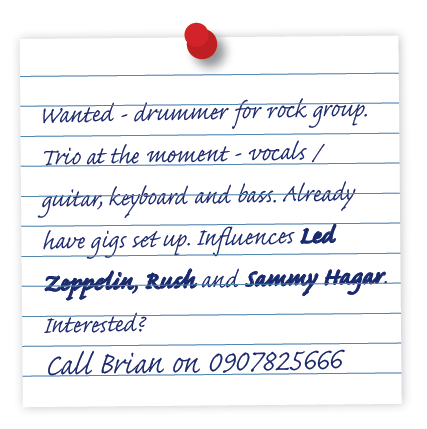
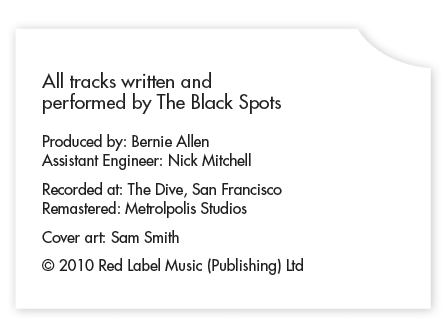
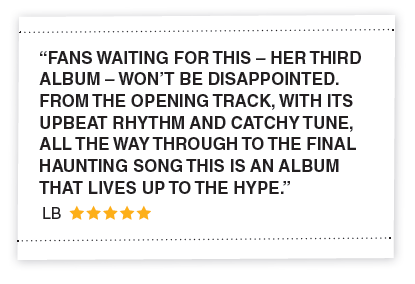
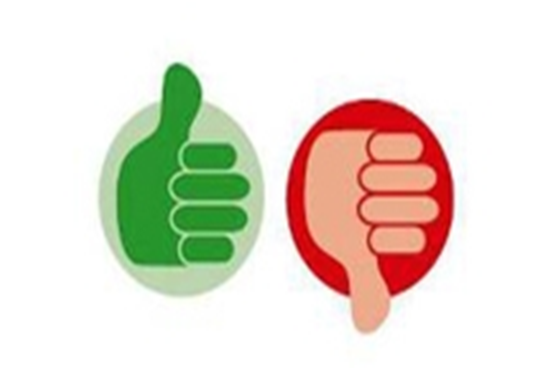



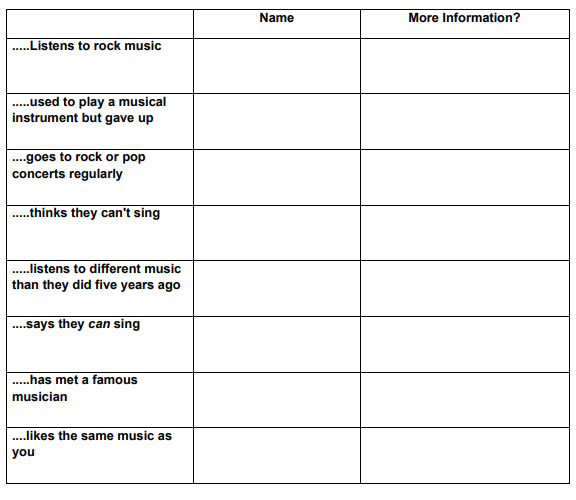





 piano, as a very good girl should do, but from my teens on I followed my real love which is playing lighter music and improvising.
piano, as a very good girl should do, but from my teens on I followed my real love which is playing lighter music and improvising. surprise, she soon got used to it.
surprise, she soon got used to it.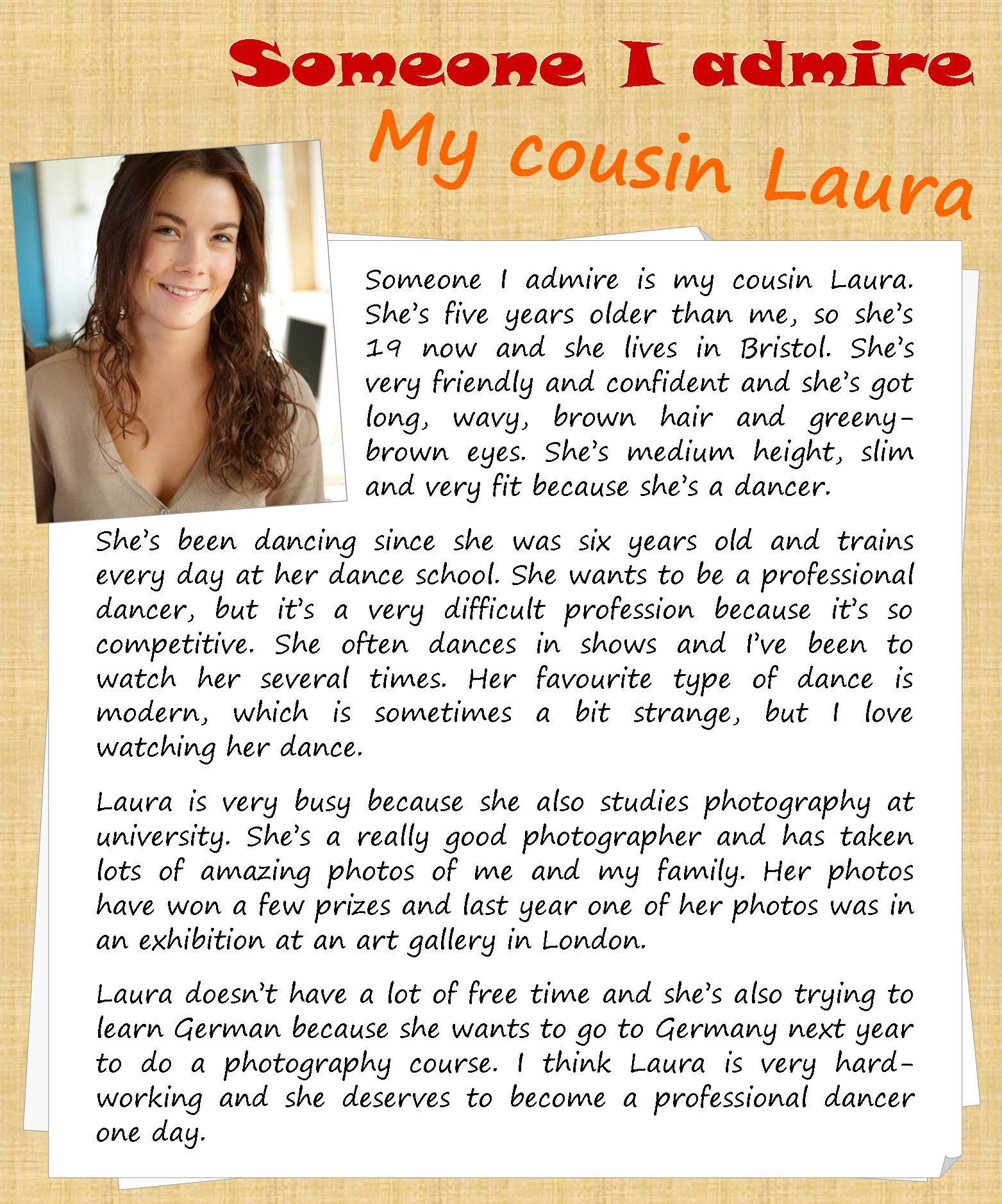
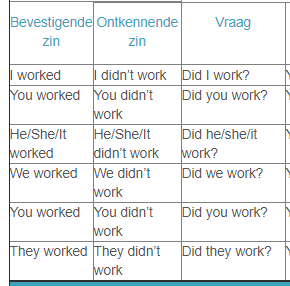


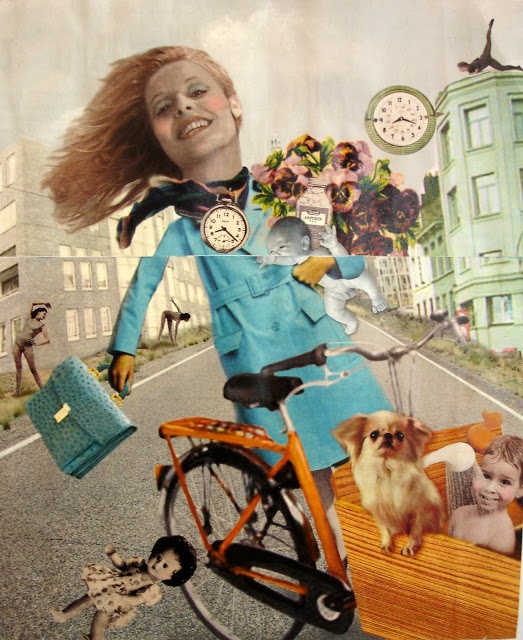
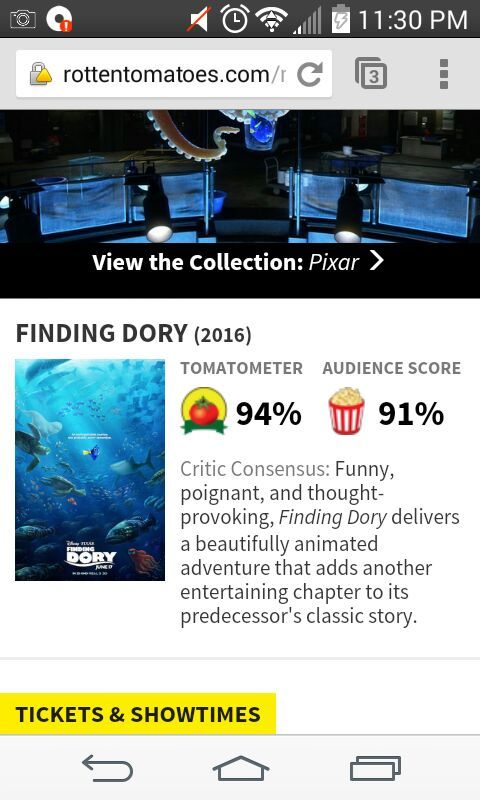

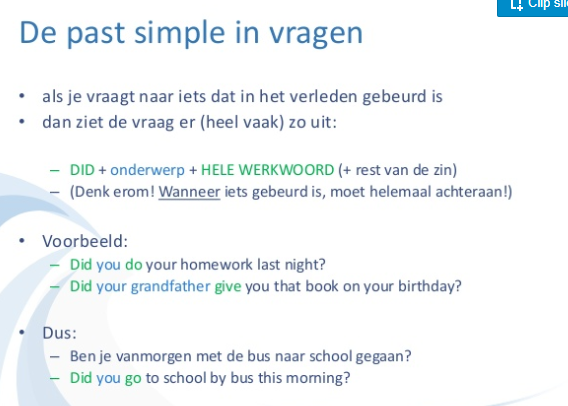
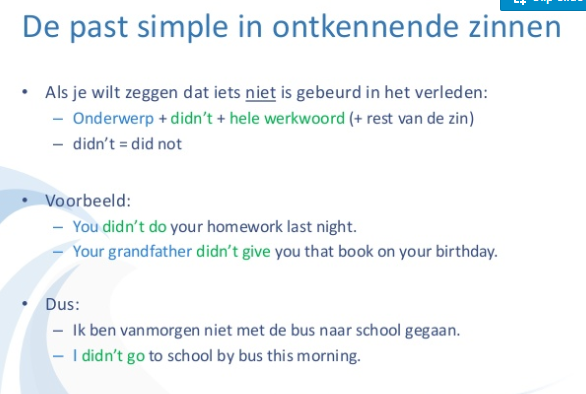
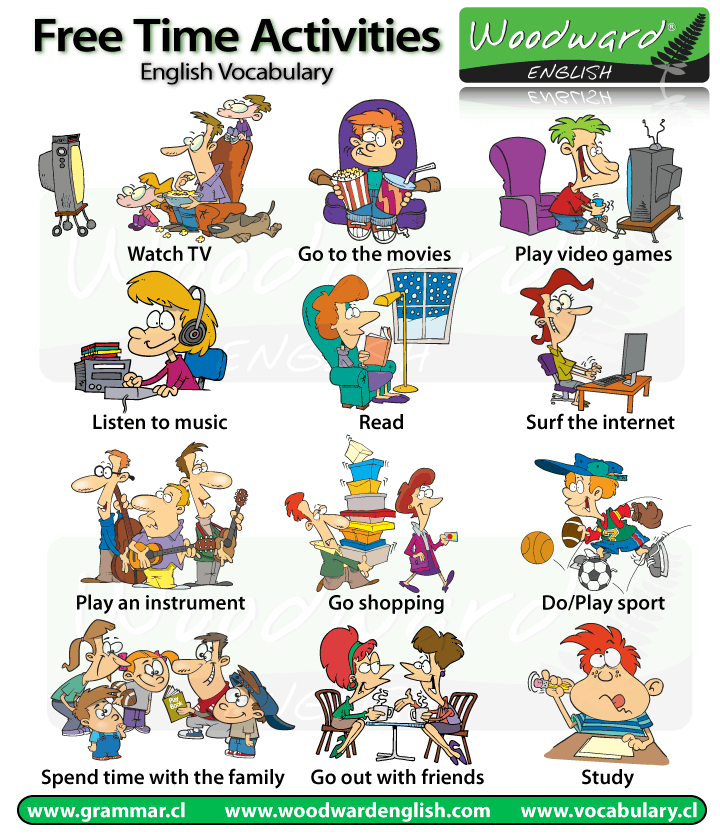

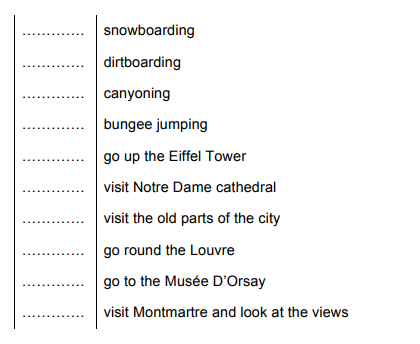
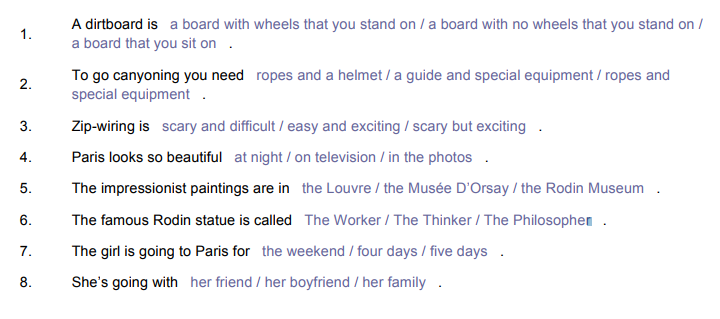
 imals, adventures, scientists, plants. I also like historical books. They are very interesting. I can tell you many curious stories
imals, adventures, scientists, plants. I also like historical books. They are very interesting. I can tell you many curious stories  Hi, I’m Anita. I am from France. I like jogging. It’s my best spare time. You see, I’m good at jogging and I do it every day irrespective of the weather. At first, I ran only one kilometer. Now I can run 3 kilometers. I have a good trainer and he says I can run longer distances. He says I’ll be a champion.
Hi, I’m Anita. I am from France. I like jogging. It’s my best spare time. You see, I’m good at jogging and I do it every day irrespective of the weather. At first, I ran only one kilometer. Now I can run 3 kilometers. I have a good trainer and he says I can run longer distances. He says I’ll be a champion. t of friends all over the world and we often send emails to each other or talk using Skype. My mother says it is bad for my eyes but I can’t give it up.
t of friends all over the world and we often send emails to each other or talk using Skype. My mother says it is bad for my eyes but I can’t give it up. Hi, I’m Andrea. I’m from Portugal. I like playing video games. I think it is a good way to spend our free time. But, it is bad for the eyes because we spend a lot of time in front of the screen! And sometimes, when we want to stop, we can’t and we don’t study.
Hi, I’m Andrea. I’m from Portugal. I like playing video games. I think it is a good way to spend our free time. But, it is bad for the eyes because we spend a lot of time in front of the screen! And sometimes, when we want to stop, we can’t and we don’t study. because they are interesting and funny. We can’t fight, it’s great. We can drive fast cars; play with Charlie Chaplin, the Simpsons, and Asterix (…). We prefer video games to homework, of course! But with our computers, we can learn English, can’t we?
because they are interesting and funny. We can’t fight, it’s great. We can drive fast cars; play with Charlie Chaplin, the Simpsons, and Asterix (…). We prefer video games to homework, of course! But with our computers, we can learn English, can’t we? I’m Ed and I live in New York. I think that video games are fun. They calm us down after a long day at school. I have a group of friends in my class and we meet every weekend at one of our houses play on the computer. But, video games are very expensive. Not all people can buy them.
I’m Ed and I live in New York. I think that video games are fun. They calm us down after a long day at school. I have a group of friends in my class and we meet every weekend at one of our houses play on the computer. But, video games are very expensive. Not all people can buy them.




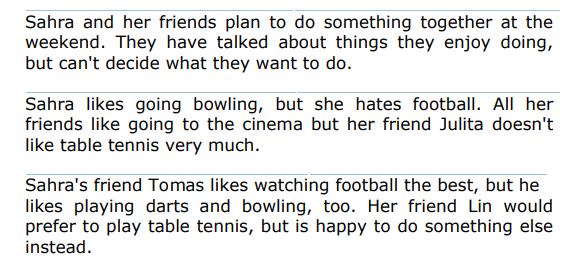
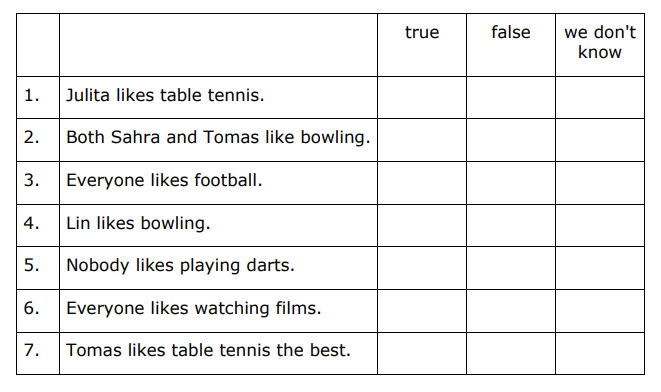
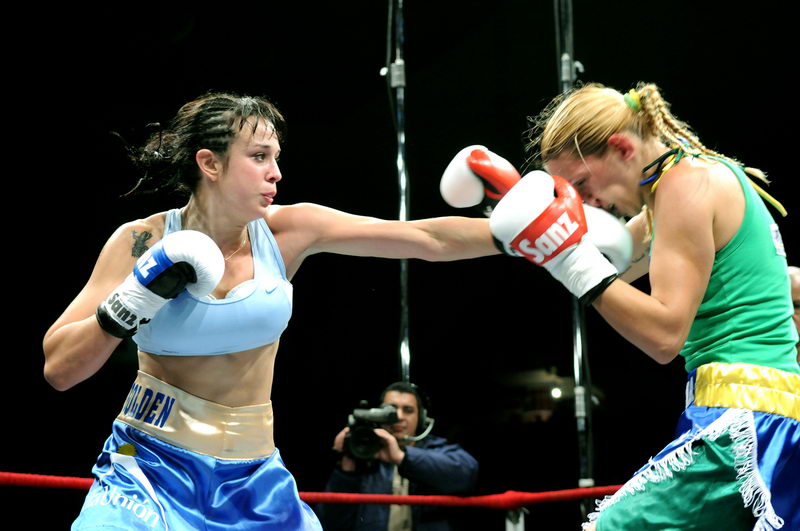 Sportclubs
Sportclubs
